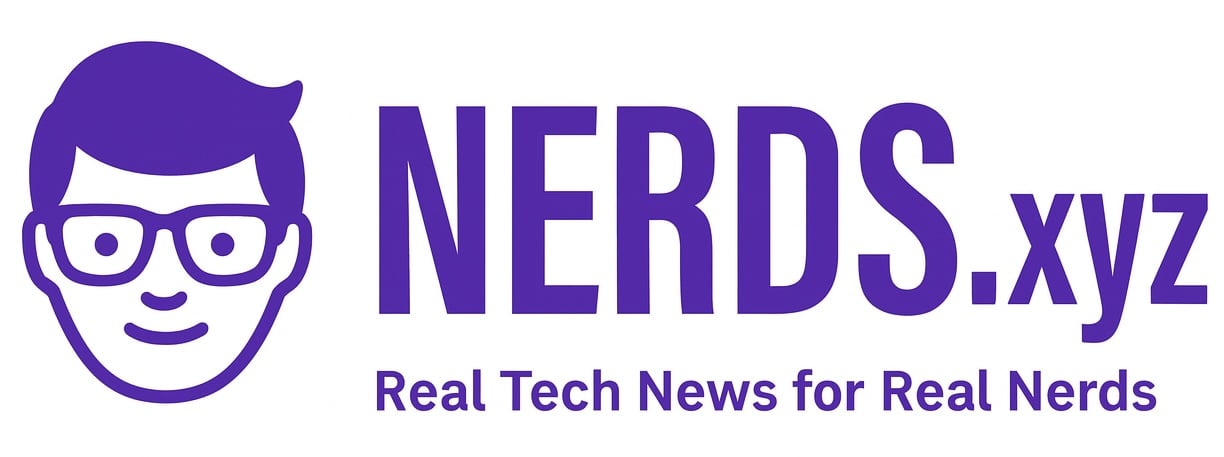
Tails 7.0 has officially arrived, marking the first release of the privacy-focused, Linux-based operating system based on Debian 13 “Trixie” and GNOME 48 “Bengaluru.” This update delivers faster startup times, refreshed applications, and stronger hardware support.
One of the most noticeable improvements is boot speed. Thanks to a switch from xz to zstd compression, Tails now starts 10 to 15 seconds quicker on most machines. The tradeoff is a slightly larger image size, but for users with reliable USB sticks the difference in speed is worth it. The developers caution that low-quality USB drives could still cause slower boots.
Software updates are a major part of this release. GNOME Terminal has been replaced by GNOME Console, and GNOME Image Viewer has been swapped for GNOME Loupe. Key applications have been updated as well, including Tor Browser 14.5.7, Tor client 0.4.8.17, Thunderbird 128.14.0esr, Electrum 4.5.8, KeePassXC 2.7.10, GIMP 3.0.4, Inkscape 1.4, and Audacity 3.7.3. The Text Editor and Document Scanner also get substantial upgrades.
GNOME itself sees a wave of improvements. The Settings app now has redesigned sections for sound, accessibility, and input. New accessibility features include Overamplification and always-visible scrollbars. Other changes include a workspace indicator replacing the Activities button, better screen reader navigation, and an option to extend battery life in laptops. While GNOME 48 is a polished release, it’s worth noting that GNOME 49 was released just yesterday, which makes Tails 7.0 feel slightly behind the curve from day one.
Some older tools have been removed, such as unar, aircrack-ng, and the Power Statistics utility, but alternatives remain. File Roller still handles most RAR archives, and aircrack-ng can be reinstalled if needed using Additional Software.
Under the hood, the Linux kernel has been updated to 6.12.43, boosting compatibility with newer graphics cards and Wi-Fi hardware. Memory requirements have also increased from 2GB to 3GB, though the developers expect this will affect very few users.
Tails 7.0 is a huge step for anyone who values privacy and security. With faster performance, updated apps, and better hardware support, it continues to be one of the most important Linux-based tools for staying anonymous online.


